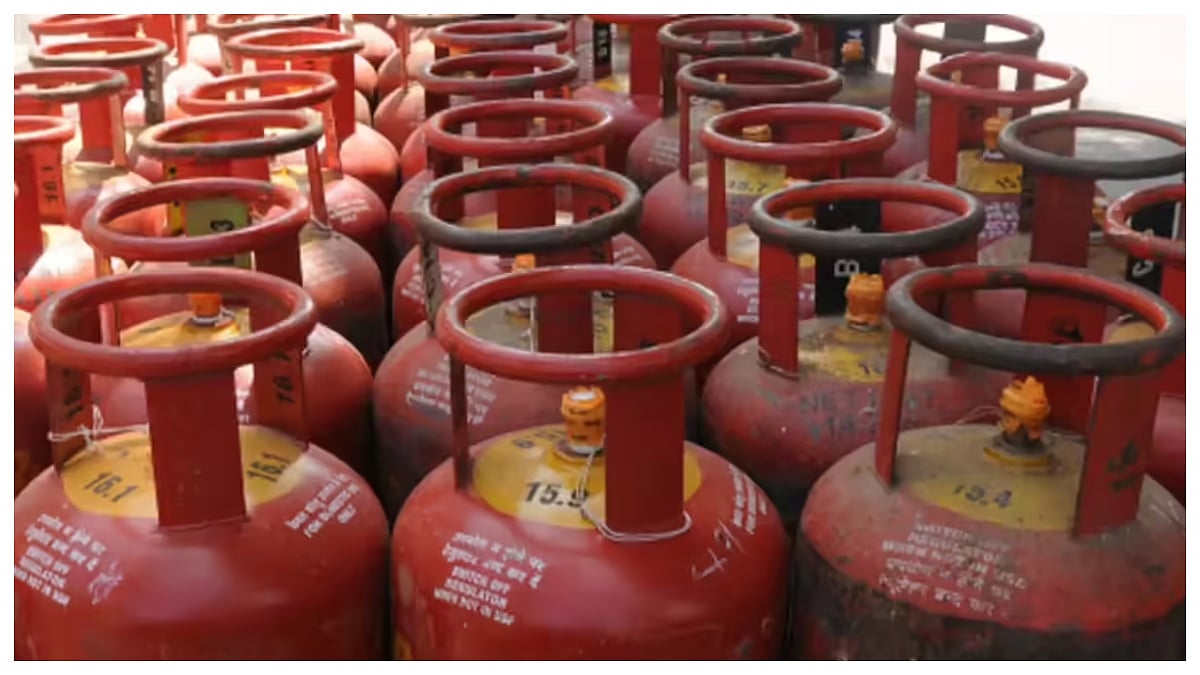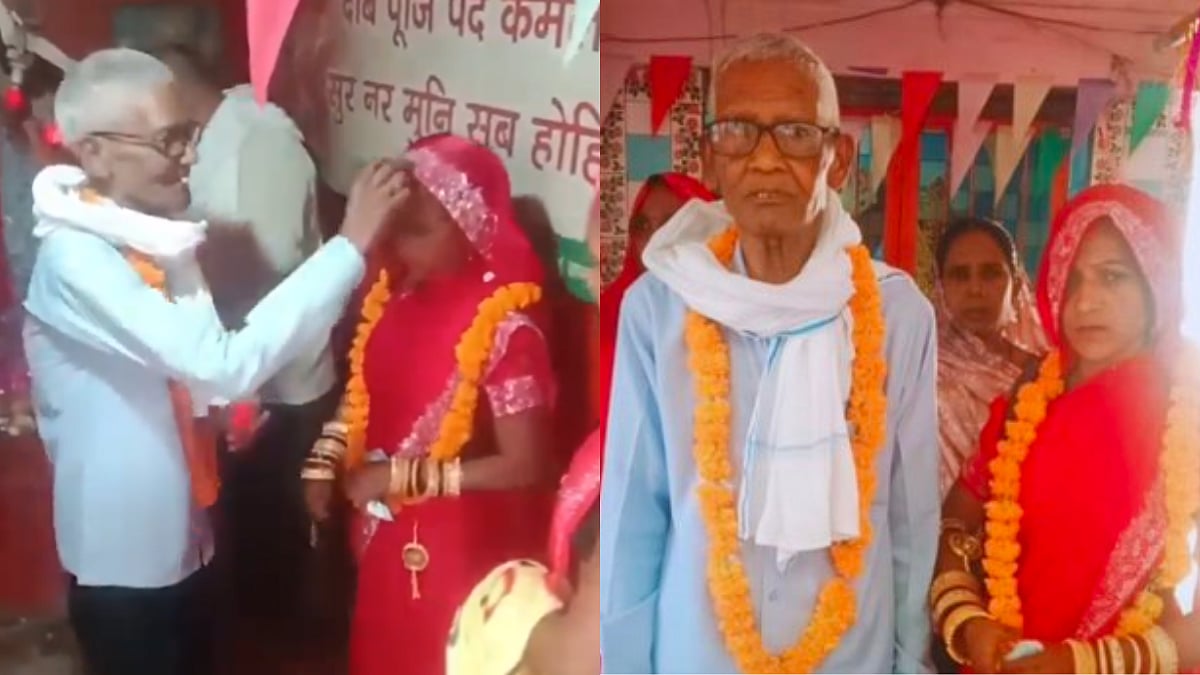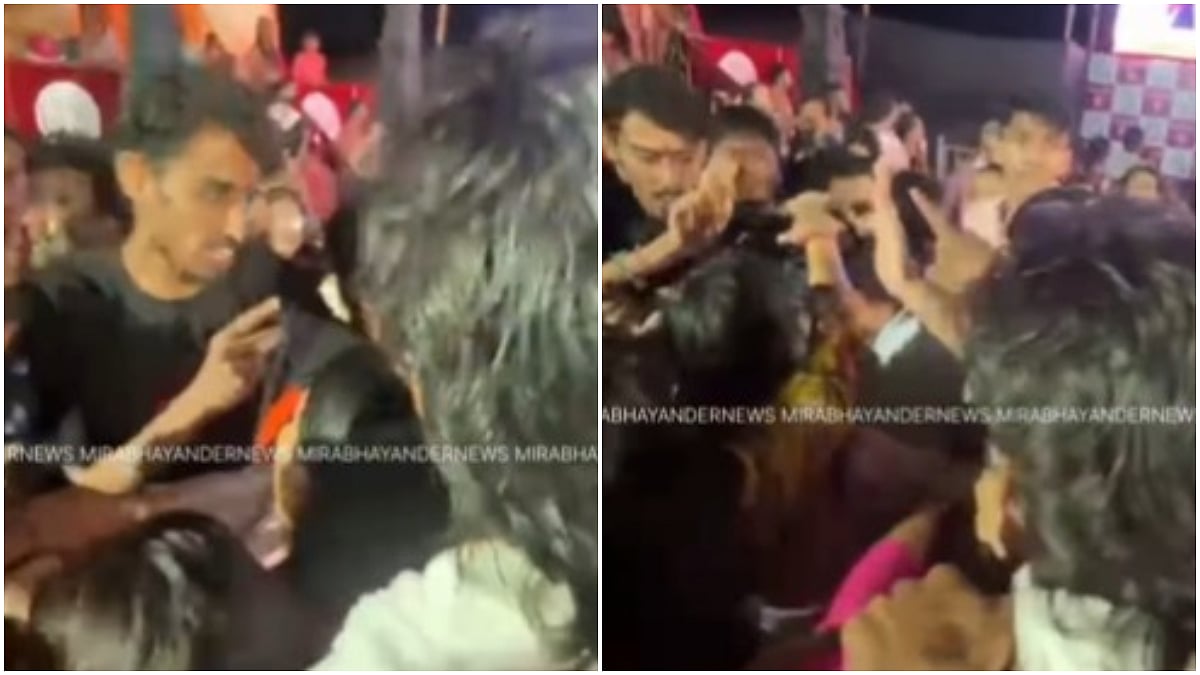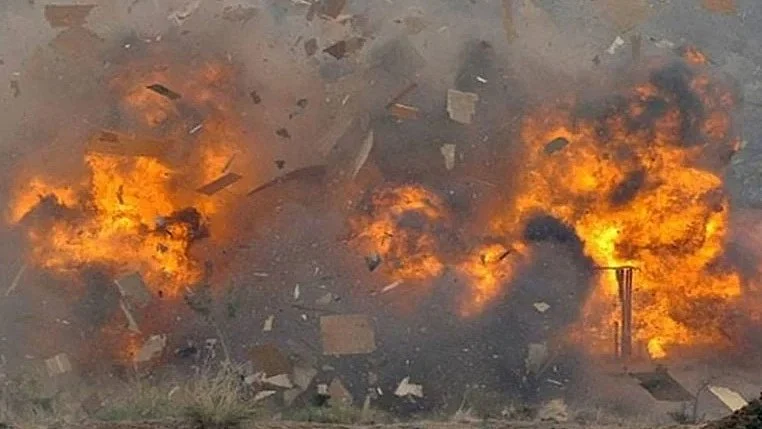The Bombay High Court, on Wednesday, admitted the appeal filed by the artist Chintan Upadhyay, who had been sentenced to life in prison for abetting and conspiring to kill his estranged wife, Hema Upadhyay, in December 2015.
A division bench, comprising Justices Revati Mohite Dere and Gauri Godse, also issued a notice to the State government in response to Upadhyay's plea, seeking bail pending the hearing of his appeal.
Upadhyay has approached the high court through advocate Bharat Manghani, challenging his conviction and contending that the sessions court had made errors in its findings while declaring him guilty.
Hema and her lawyer, Harish Bhambani, were allegedly smothered to death by Vidhyadhar Rajbhar on December 11, 2015, with the assistance of other accused persons. The duo was purportedly killed at the behest of Upadhyay. The following day, a garbage collector discovered their bodies inside cardboard boxes in a nullah in Kandivali.
During Wednesday's hearing, senior advocate Amit Desai appeared on behalf of the Bhambhani family and sought permission to intervene in the matter and oppose Upadhyay's bail plea.
The bench granted permission to the Bhambhani family to intervene and requested Manghani to provide them with a copy of the appeal and bail plea.
The High Court has scheduled the matter for a hearing in two weeks.
Upadhyay's appeal argues that the sessions judge erred in accepting the retracted and uncorroborated confession of a co-accused, Pradip, as voluntary, admissible, and corroborated. The trial court heavily relied on this confessional statement when finding Upadhyay and others guilty of conspiring at a physical meeting held along the roadside at Chembur in Mumbai with the absconding accused, a fabricator named Vidyadhar Rajbhar.
The appeal contends that the judgment of the trial court lacks proper and cogent evidence and reasoning to convict him and wrongly relied on a retracted confession of co-accused Pradeep Rajbhar.
The appeal also questions the inference drawn by the sessions court that, since the Rajbhars had no motive to murder Hema, they acted at Upadhyay's behest. Manghani argued that it is not permissible in law to draw such an inference.
On October 7, the sessions judge found Upadhyay guilty of abetting and conspiring to kill Hema and sentenced him to life in prison, observing that the murder was "brutal." However, it could not be categorized as "rarest of rare," which warrants a "death penalty only." The judge found three others – Vijay Rajbhar, Pradip Rajbhar, and Shiv Kumar Rajbhar, who hailed from the same village – guilty of murdering Hema and her lawyer, Harish Bhambhani, and sentenced them to life imprisonment.










